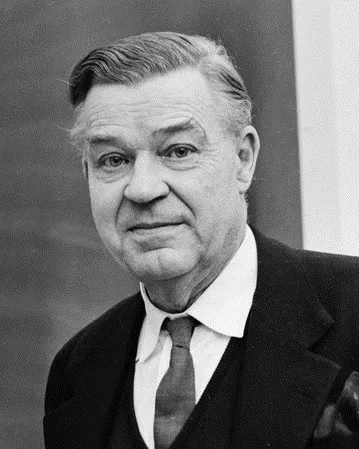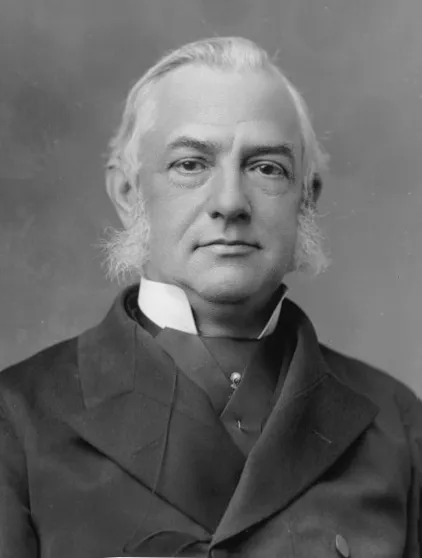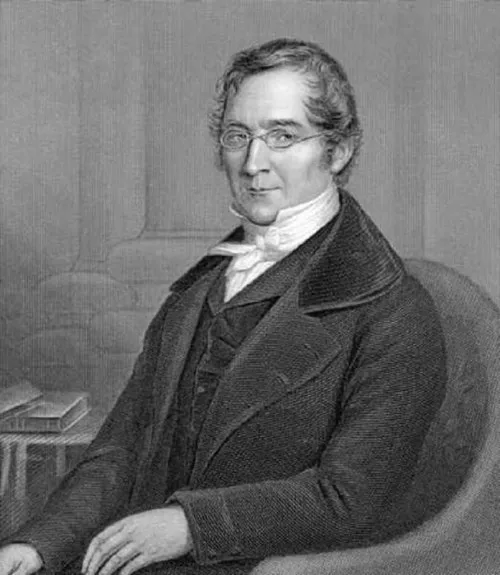
Name: Peter Handke
Nationality: Austrian
Birth Year: 1942
Profession: Author and playwright
Award: Nobel Prize laureate
The Enigmatic Journey of Peter Handke: A Literary Maverick
In the tumultuous year of 1942, amidst the backdrop of World War II, an extraordinary literary voice began to emerge in the heart of Austria. Peter Handke was born on December 6 in a small town, and little did the world know that this boy would grow up to challenge conventional storytelling and redefine modern literature.
Raised in post-war Austria, Handke's early life was marked by contradictions. His childhood experiences were steeped in both a profound love for language and a deep sense of alienation from the chaotic world around him. As he navigated through his formative years torn between his parents’ conflicting ideologies he often found solace in writing. Perhaps it was during these turbulent times that he first grasped the power of words to express complex emotions and unearth hidden truths.
However, it wasn’t until he enrolled at the University of Graz that his literary aspirations began to take shape. His initial foray into philosophy soon transitioned into a fervent passion for playwriting and prose. Despite this academic journey, Handke felt increasingly disillusioned with traditional forms of storytelling; they seemed inadequate to capture the essence of human experience. It was then that he made a bold decision to carve out his own path.
By 1966, at just twenty-four years old, Handke burst onto the scene with his groundbreaking play “Offending the Audience.” This avant-garde work shattered theatrical conventions by directly addressing spectators rather than creating a linear narrative. Audiences were left bewildered yet fascinated; they were not merely passive observers but active participants in an existential dialogue! Who knows if this moment marked not only his arrival but also heralded a new era in modern drama?
The following years saw him delve deeper into experimental narratives. In novels such as “The Goalie’s Anxiety at the Penalty Kick” (1970) and “A Sorrow Beyond Dreams” (1972), Handke explored themes such as despair and identity through fragmented narratives rich with metaphysical inquiry. His unique style often blurred boundaries between fiction and reality a dance between introspection and existential crises!
Ironically, while these innovative approaches garnered admiration among critics who heralded him as a literary genius, they also attracted skepticism from traditionalists who viewed them as mere posturing or even nihilism! This polarization reflected how art can provoke passionate responses it captivates some while repelling others.
A Nobel Prize: A Controversial Legacy
Fast forward to 2019 when Peter Handke received one of literature's most coveted honors the Nobel Prize sparking intense debate within cultural circles worldwide! Critics argued that recognizing someone whose works provoke discomfort could set precedents deemed dangerous; after all, isn’t literature meant to be universally accessible? Yet supporters contended that it’s precisely this ability to evoke strong reactions which makes literature vital!
During his acceptance speech a moment shrouded in political tension Handke poignantly remarked on language’s capacity for resilience amidst conflict: “We must acknowledge our languages... even if we do not speak them well.” This statement resonated deeply within an audience eager for connection yet fraught with divisions wrought by nationalism across Europe.
A Reflection on Existence
Perhaps what sets Handke apart is how skillfully he navigates through layers of meaning without forcing conclusions upon readers! In various interviews over decades spent crafting thought-provoking pieces ranging from plays like “Kaspar” (1968) which questioned identity itself to novels like “Short Letter Long Farewell” (1972) the author continuously reframes narratives around uncertainty rather than prescriptive ideas about life or death!
The Dance Between Memory & Reality
This theme resonates strongly within "A Sorrow Beyond Dreams," where memory becomes both hauntingly beautiful yet confounding exploring personal grief intertwined with universal truths about loss itself! Critics have speculated whether much inspiration stemmed from intimate experiences surrounding family relationships or broader reflections upon collective memory spanning generations? Such intricacies invite endless interpretations… raising intriguing questions regarding authenticity versus artifice!
Certainly reading any work by Peter invites readers into realms where ambiguity reigns supreme demanding engagement while simultaneously leaving individuals grappling with unresolved emotions long after turning final pages... What makes him truly captivating is how masterfully he portrays existence itself a dance marked by contradictions akin perhaps even lives lived beneath shadows waiting patiently beckoning discovery beneath surface stillness...
A Legacy That Continues Today
Critics may argue endlessly over controversies surrounding ideology attached alongside accolades received throughout decades spanning varied landscapes shaped cultural dialogues today nonetheless one cannot deny enduring impact made throughout literary canon extending far beyond lifetime alone it remains present amid contemporary discussions challenging conventional norms prevailing society grapples navigate complexities defining modern existence even now!
Evidently unlike many predecessors their legacy fades slowly away into obscurity; instead engaged conversations prompted surrounding creation continue thriving inviting future generations explore intricate nuances inherent simply being alive amidst tangled web woven history unfolds ahead still awaiting unraveling time untold...
A Final Note: The Question Remains
Your thoughts echo back like ripples across water… Ultimately pondering whether we are defined solely via labels imposed society reveals lingering truth lies buried deep under layers every encounter experienced along paths taken toward understanding ourselves within greater context shared humanity exists around us all today too? So perhaps asking ourselves isn’t questioning life what truly matters when crafting tales our own?











